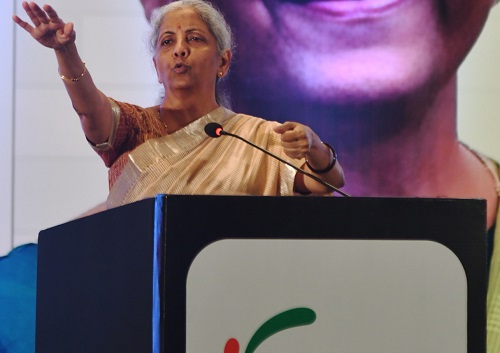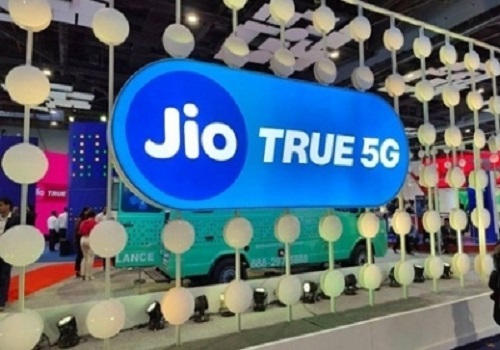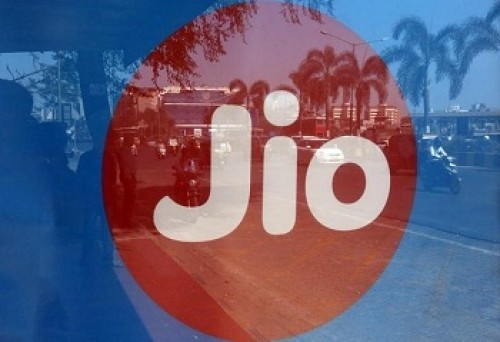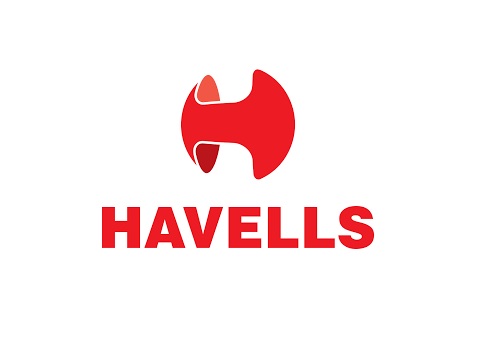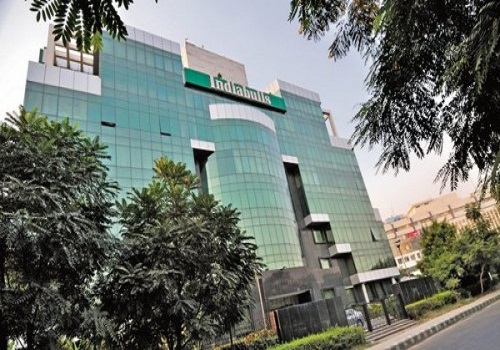Reliance Industries Ltd to restructure group EPC resources
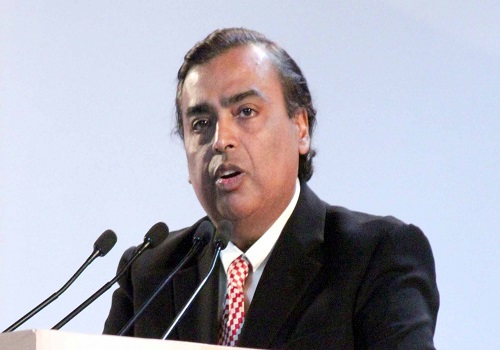
Follow us Now on Telegram ! Get daily 10 - 12 important updates on Business, Finance and Investment. Join our Telegram Channel
The Board of Reliance Industries Ltd (RIL) on Friday approved a scheme of arrangement under which the EPC and infrastructure undertaking of Reliance Projects and Property Management Services Ltd (RPPMSL), a wholly-owned subsidiary of RIL, is proposed to be demerged into RIL.
This demerger, together with the existing EPC team in RIL, creates a focused EPC undertaking in RIL to cater to the needs of the group.
Current EPC resources of RIL group are spread across different operating entities. RIL has a strong team of 4,000 engineers with proven expertise across engineering, procurement, project management, and construction. RPPMSL also has a team of 20,000 professionals.
The focused EPC undertaking will aggregate and synergise engineering capabilities and expertise of the group.
The EPC undertaking will play a pivotal role in implementing RIL's large projects across O2C, New Energy and 5G roll-out. The implementation of these mega projects will require significant mobilisation of global technology and EPC resources. Increasing infrastructure spend across geographies in oil and gas, chemicals, telecom and renewable energy sectors is expected to drive significant demand for EPC resources.
The new EPC undertaking will facilitate internationalisation by setting up EPC Centres of Excellence at strategic offshore locations. It will align with existing subsidiaries of RIL in US and Dubai, and also incorporate new subsidiaries in Singapore and the UK. These subsidiaries will enable faster mobilisation of high-quality talent and EPC resources in an increasingly constrained global EPC environment.
The realigned EPC resources will further strengthen RIL's EPC delivery capabilities by tapping global resources and supply chains. It will also enhance productivity as working across time-zones will reduce costs and schedules while ensuring high quality output.
This being a merger of a division of a wholly-owned subsidiary into a parent, (i) no shares are being issued by RIL and hence there is no change in the shareholding pattern of RIL; (ii) no cash consideration is being paid under the scheme; (iii) it is
















